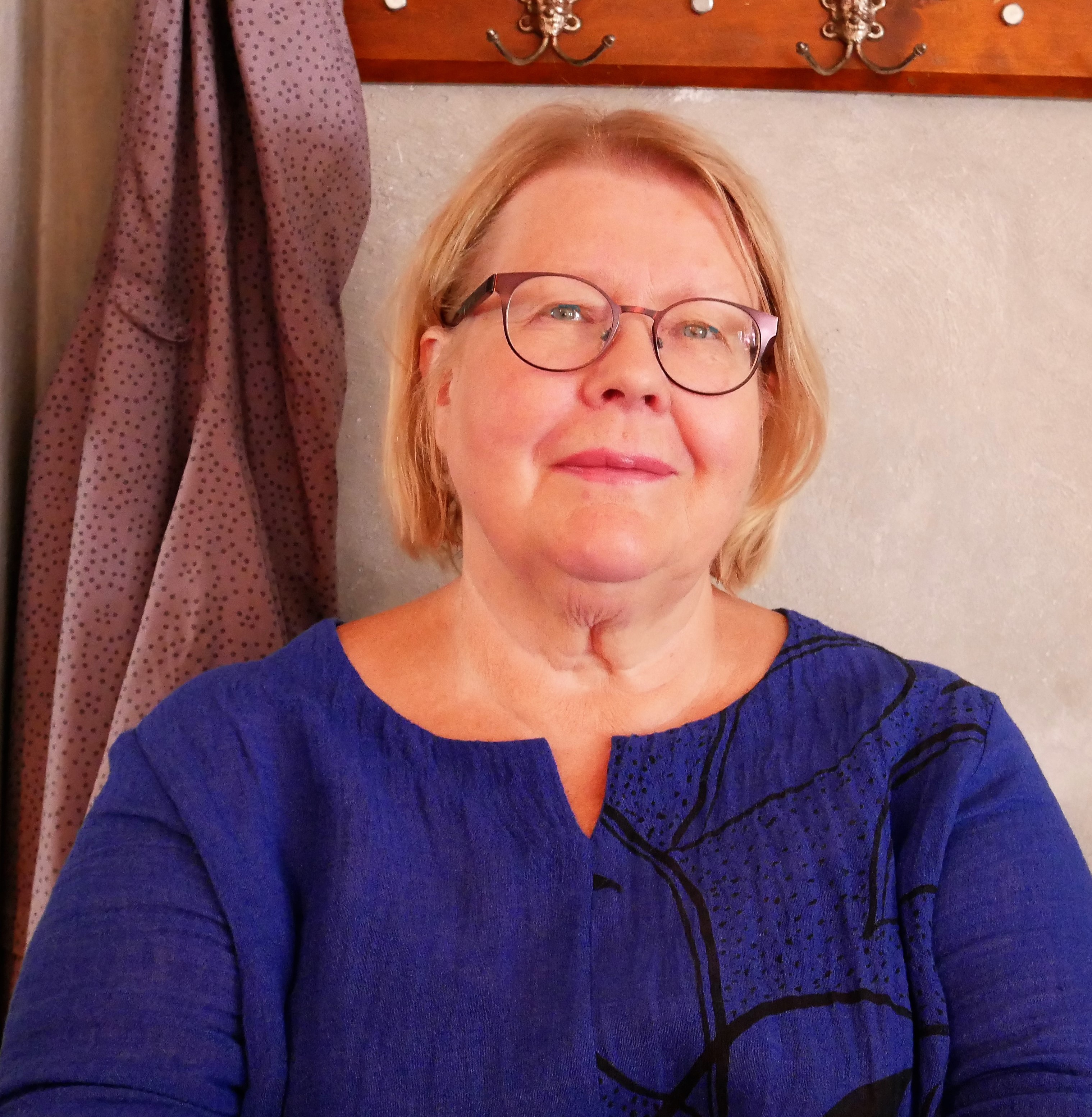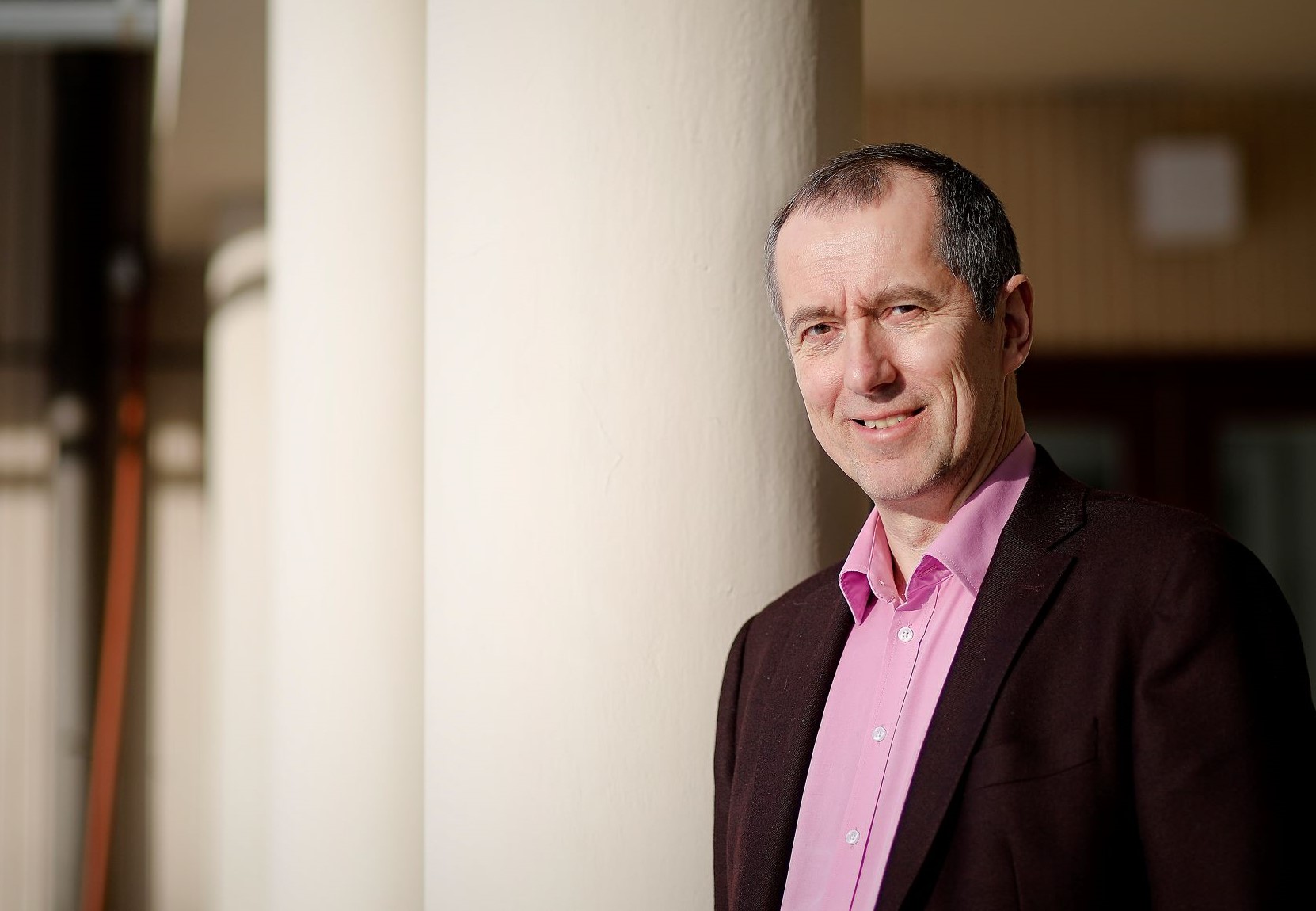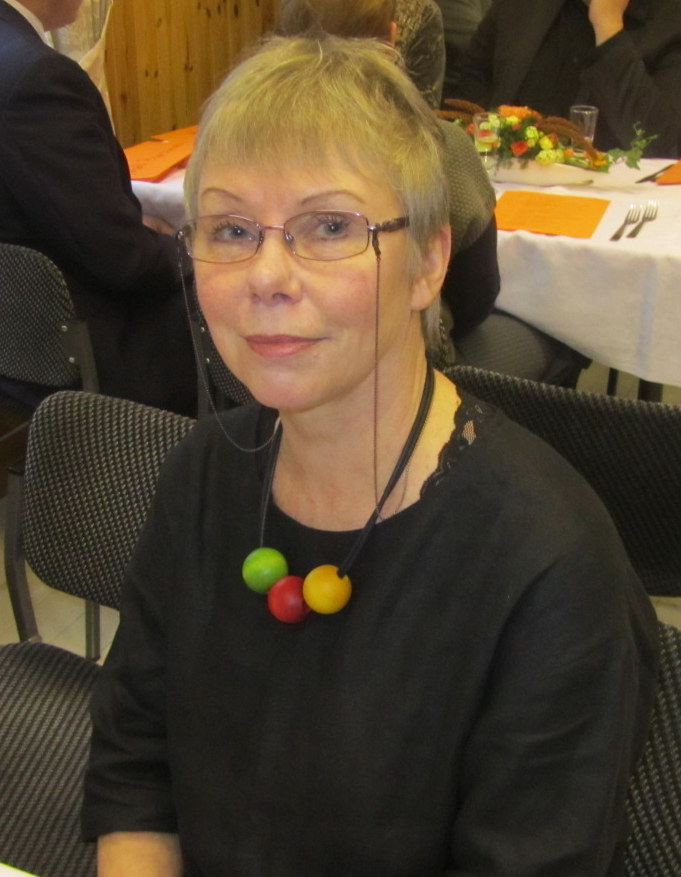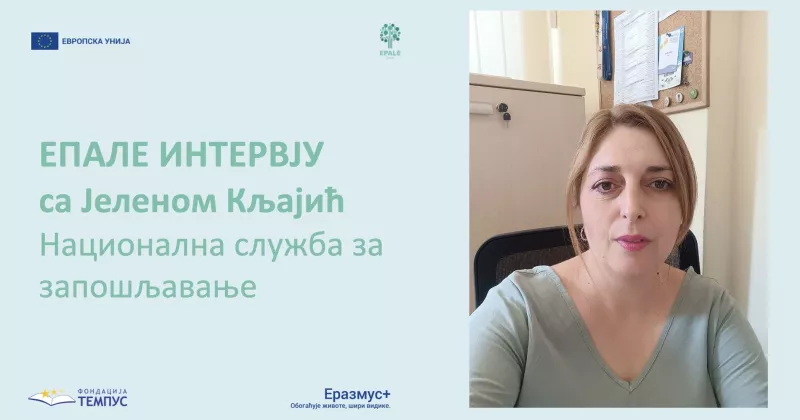Freedom and Responsibility of Liberal Adult Education: working together for research and education

Freedom and Responsibility of Liberal Adult Education (SVV) is a cooperation programme on liberal adult education. Launched in 2011, the programme celebrates its tenth anniversary in 2021. While liberal adult education reaches over one million Finns every year, there has been relatively little research on it. The SVV programme is working to step up cooperation between liberal adult education actors and universities through increased interaction. In this article about the SVV programme’s journey over the past decade, Leena Saloheimo, who has been working in liberal adult education for many years, talks about how the SVV was started; Mr Björn Wallén, Chairman of the Finnish Adult Education Association, takes a look at the main themes of the current operating period; and Anja Heikkinen, Professor Emerita of general pedagogy, contributes her views of how the programme’s future
SVV promotes cooperation
Freedom and Responsibility of Liberal Adult Education (SVV) is a programme managed by the Finnish Adult Education Association, the Universities of Tampere and Eastern Finland as well as the Åbo Akademi University. Research associations, the Finnish Lifelong Learning Foundation and media representatives also collaborate with the programme. Leena Saloheimo, who has worked for the Finnish Adult Education Association and whose experience of adult education centres goes back a long way, describes the background of the SVV programme’s launch:
"At the turn of the millennium, there were hundreds of liberal adult education institutions, which reached around one million citizens, but there was very little research on this extensive field and its activities.”
According to Saloheimo, the Programme for developing skills and qualifications in liberal adult education (VSOP), which was established in the late 1990s to promote research in liberal adult education, was the predecessor of the SVV programme:
“At the end of the VSOP programme, research was about to get going, and we were wondering how this work should be continued. We were seeking for a more clear-cut structure for the cooperation, and this is how the SVV came into being.”
Thesis cooperation between universities and actors in the field, publication projects, various discussion events, seminars, study circles and public lecture series as well as popularisation of research became established as key operating forms of the SVV programme.
Björn Wallén , Chairman of the Finnish Adult Education Association and an author with a versatile background in liberal adult education institutions, believes that the publication Vapaa sivistystyö eilen, tänään ja huomenna (Liberal adult education yesterday, today and tomorrow) is one of the key achievements of the SVV. In Wallén’s opinion, research and joint agency are the mainstays of the network-based SVV programme:
 “Liberal adult education is in my blood”, says Leena Saloheimo. Saloheimo has taught at an adult education centre for a long time and is herself a living example of studying as an adult: "I completed my Master’s degree in adult education after my 50th birthday." Photo: Juha Pyötsiä
“Liberal adult education is in my blood”, says Leena Saloheimo. Saloheimo has taught at an adult education centre for a long time and is herself a living example of studying as an adult: "I completed my Master’s degree in adult education after my 50th birthday." Photo: Juha Pyötsiä
Educational manifesto on ecosocial knowledge and ability and the new narrative of working life
The aim of the SVV programme in operating period 2020–2022 is to launch an educational manifesto with sustainable development/ecosocial knowledge and ability as well as the new narrative of working life as its main themes. Such channels as the Sivistystori blog will be used to spread the manifesto. Wallén elucidates the themes of the educational manifesto:
“A critical perspective on continuous learning as well as ecosocial knowledge and ability are topical issues. My personal viewpoint has also always been wider than merely the national scene. Wicked problems cannot be solved without a global frame of reference.”
Ecosocial knowledge and ability focus attention on ecological aspects as well as the interdependence and equality of people. In the words of Arto O. Salonen, the possibilities available to future generations should be the measure of the quality of education and culture.
"Liberal adult education is about knowledge, experience and wisdom. These are broader issues not limited to the national perspective. We all live on this planet, our home, and we are also interconnected with other parts of the planet.“
"This is why the SVV works not only at the regional and national level but also with international partners, for example in a Nordic network," adds Wallén, also highlighting the importance of inclusion and extensive capabilities for lifelong learning.
 Björn Wallén describes liberal adult education as his life's work. "I am an expert by experience”, sums up Wallén, who has worked in different contexts of liberal adult education, every type of educational institution and, among other things, pedagogical development. Photo: Nina Ahtola.
Björn Wallén describes liberal adult education as his life's work. "I am an expert by experience”, sums up Wallén, who has worked in different contexts of liberal adult education, every type of educational institution and, among other things, pedagogical development. Photo: Nina Ahtola.
Role of liberal adult education in society
The five forms of liberal adult education are adult education centres, folk high schools, study centres, summer universities and sports institutes. The new Compulsory Education Act, which extends the age of compulsory education until 18, is relevant to folk high schools, for example, as institutions in which compulsory education following basic education can now be completed.
Heikkinen finds that considering the independence of liberal adult education and drawing lines are increasingly important. She believes that the different types of liberal adult education institutions have had to adapt to current education policy programmes in order to access financing:
"Does liberal adult education find its justification in filling in the gaps of social and labour policy and managing the blind spots of the education system? In that case, is it still liberal, or is it subject to external steering?“

In the future Anja Heikkinen would like to see liberal adult education as an open place and space for seeking alternatives and for activities and discussions which question everything that is taken for granted. During her career, Heikkinen has combined liberal adult education work with teaching and research and supervising students’ theses – also on topics relevant to adult education. Photo: Anja Heikkinen.
The challenges and future of science and research
“The researchers involved in the SVV are part of the university organisation and operate on its terms, which is why they are not involved only as themselves. Researchers compete for resources and recognition in an environment where the status of adult education is marginal. Things are tough in science and I am concerned that, if we cannot attract new researchers to this field, it will be the end of the programme.”
However, the programme has also brought joy, successes and hope. As the greatest moments over the years, Saloheimo recalls witnessing the completion of doctoral dissertations in this field as a result of long-standing work:
”It has been really delightful.”
One thing Heikkinen is happy about is the national and regional discussion that SVV has kept going. She regards spaces and places in which younger people can grasp opportunities to join in the work as important for the programme's future:
"Students who come to work on their theses take the programme forward.”
Read more:
- Freedom and Responsibility of Liberal Adult Education website
- SVV action plan for 2020–2022
- Sivistystori blogs
- Publication Vapaa sivistystyö eilen, tänään ja huomenna on the role, status and importance of liberal adult education in Finnish society and education system
- About ecosocial knowledge and ability on the website of Arto O. Salonen and in the publication Kestävä kasvatus – kulttuuria etsimässä
- Parliament’s website on the extended compulsory education project
Paula Halme has a Master of Arts degree in adult education, and she is studying for a Bachelor of Social Services degree. She currently continues her journey in lifelong learning with HR tasks and discusses issues related to learning and education in her blog paulanpedagogiikka.com.




